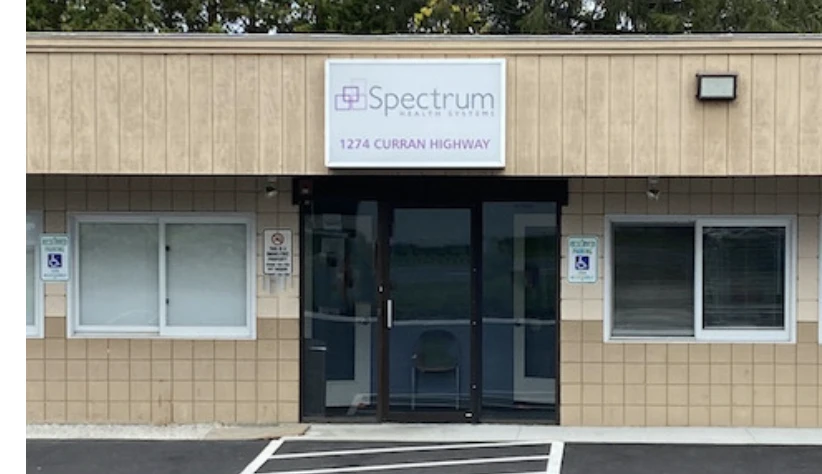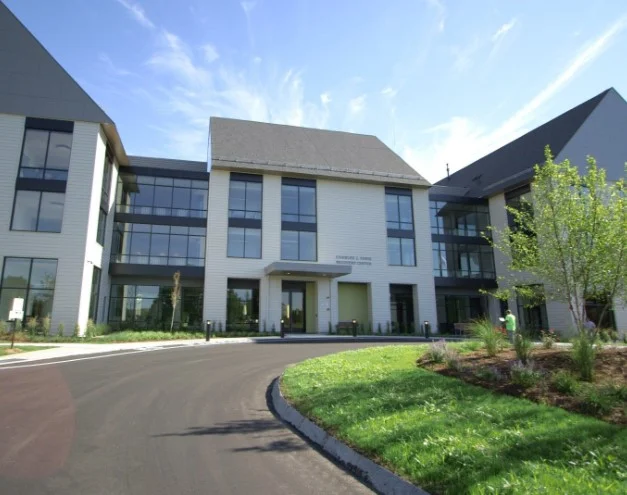Spectrum Health Systems is located in Westborough, Massachusetts, in a 25-acre parkland site.
This facility provides three levels of inpatient care for opioids, alcohol and other substances addiction, such as: clinical stabilisation services, inpatient detoxification and residential treatment for both men and women.
The detoxification program is a medically supervised process managed by a mutidisciplinary team, they provide 24-hour supervision and nursing care to ensure safe withdrawal from opioids, alcohol and other substances. Medications are used to suppress withdrawal symptoms and maximize comfort.
Clinical stabilization at Spectrum Health System Westborough is a short-term program designed to transition patients from detoxification to subsequent treatment phases. The stabilization process includes a comprehensive assessment, treatment planning, individual and group counseling, health education, and continuing care planning.
The residential program at Spectrum Health System Westborough is gender-specific. Each program offers a high degree of structure and accountability to help create stability and routine.
Individual therapy provides a space for clients to explore the psychological challenges associated with addiction. With professional guidance, individuals can process their emotions, often addressing unresolved trauma, anger, depression, anxiety, and the need for more control or autonomy in life.
Group therapy involves treatment through the process of connecting in a group setting to discuss and work through mental, emotional, and physical issues.













